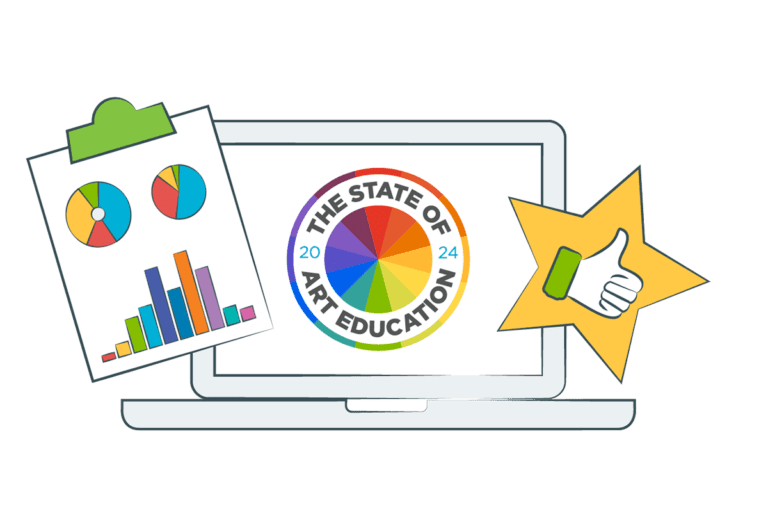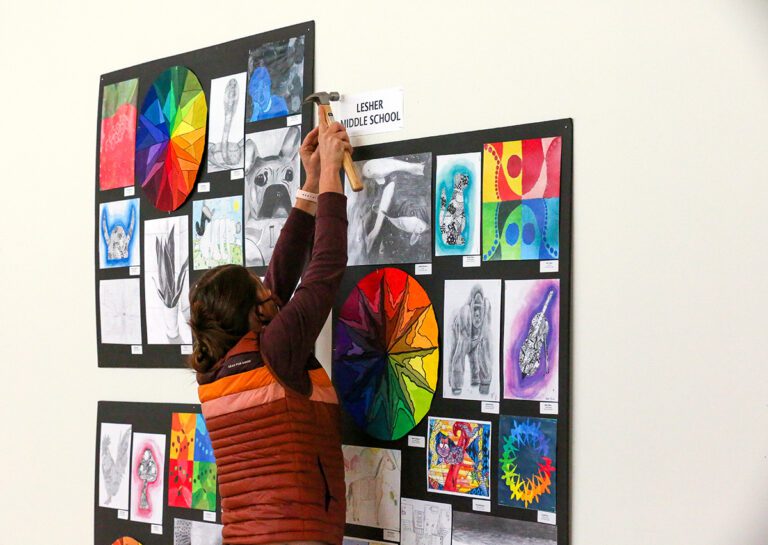We’ve all heard it from our friends, “Oh, it must be nice to have the next two weeks off.” And while they’re trying their hardest to be polite, there is an underlying tone indicating their true feelings. But the reality is that breaks are critical to a teacher’s success and you should enjoy them guilt-free. Teaching is a marathon, not a sprint. And in order to continue being at your best each day and make it an entire career, it’s important you replenish when the calendar allows. So now is not the time to keep pushing or brush off any feelings of fatigue. After all, teaching is tiring, even when you don’t realize why.
Here are 5 reasons you’re tired and need a break:

1. Education is personal.
Being a teacher in the classroom is a unique position. While you work for a school or district, you are largely the captain of your own ship. You spend each day navigating twenty to thirty young people and trying to understand their needs, learning about each one as a person and learner, and figuring out the best way to teach them your curriculum. There’s no manual to follow, which means all of those decisions are on you. And it’s tiring when you’re constantly thinking, “What should I do next? What does this student need?” You have to make these decisions and own them. With every great reward comes great risk. And it becomes very personal when you’re laying your opinions and ideas on the line for the betterment of students.
2. The physical and emotional stamina.
I don’t usually argue that teaching one subject area is better or worse than another. In this case, however, teaching art is at the top of physically demanding content areas. Wedging clay, mixing chemicals, moving reams of paper, and handling large materials can be a strain on the body. And anyone who counts their steps can tell you how often you walk around the room to check-in with students and give feedback. You need a break because your body needs a break and time to heal and replenish.

The physical nature of the job is only compounded by the emotional toll it takes to be a good teacher. You don’t have a bottom line in dollars and cents. Your bottom line is the relationships formed in the classroom. And relationships can be tiring. Navigating emotions, especially those of young people, is a job in itself, and a good teacher has to consider those in order to best reach learners. You never know how a student is going to enter your room, and even that unpredictability can be tiring.
You need a break to allow your physical and emotional batteries to recharge. When either tank is running on empty for too long, you run the risk of physical injury, impaired judgment, poor decision making, etc.
3. You need to step off the hamster wheel.
While the curriculum and students change frequently, so many things in teaching are constant. And while that reliability can be comforting, the environment can also grow stagnant. Some teachers have spent a decade in the same classroom. Other teachers have taught the same grade for an extended period of time. None of these are bad and sometimes unavoidable, but the sameness can grow maddening, and you need a change of scenery. Breaks allow you to get some fresh air, experience a new environment, and gain new perspectives that can all be brought back into the classroom to support students.
4. Simple math: Stress + Rest = Growth.

Steve Magness and Brad Stulberg talk about the importance of rest in their book Peak Performance. Their equation, Stress + Rest = Growth, illustrates the benefit of stressing the mind or body with new challenges and then giving yourself time to rest and reflect in order to grow. You’ve now just spent the fall term challenging yourself with new ideas and new projects. You’ve likely encountered unexpected challenges you had to overcome. Perhaps you’ve also had frustrating experiences with administration, students, or parents. All of that work has stressed your mind, and now it’s time to reflect on lessons learned through those experiences to grow for the future. Ultimately, the rest is making you stronger to come back as a better teacher. Too much stress and no rest can result in burnout, a result we hear about far too often in education. Lasting an entire career in the classroom requires sustainable practices throughout your tenure. Embracing your well-deserved breaks now can help you stay fresh for the future.
5. Feed your excitement and passion.
Sometimes you need a break from the daily grind to get other work done. Do you have a project you’ve always wanted to research or create an example piece? Breaks allow time for you to explore your interests and dive into something you’ve been looking forward to working on. Maybe it’s organizing your classroom or materials. Having large chunks of time can create the opportunity to finally complete the projects that excite you. Just make sure you’re picking ideas that bring you joy and positive energy.
Taking breaks isn’t a luxury or a perk; they are actually essential to performing at a high level and having a sustainable career. But like we all know, taking breaks has a negative connotation in many professional environments. It’s easy to feel pressured to constantly have your foot on the gas pedal. You might even have external and direct pressure from your school to always be “on.” The idea of not working to get better at work even sounds counter-intuitive. So if you’re not getting a directive to relax from your school, here it is from me. Take a break this winter. After all, it’s going to make you a better teacher.
How can we help non-educators understand why we need breaks?
What can schools do to encourage teachers to take better advantage of their breaks?
Magazine articles and podcasts are opinions of professional education contributors and do not necessarily represent the position of the Art of Education University (AOEU) or its academic offerings. Contributors use terms in the way they are most often talked about in the scope of their educational experiences.





